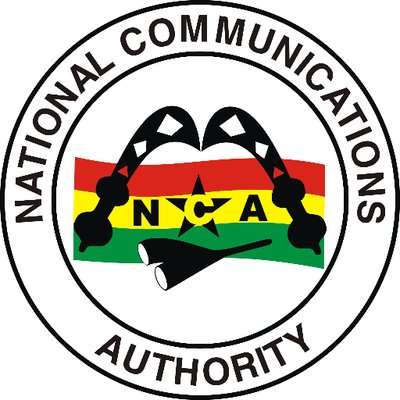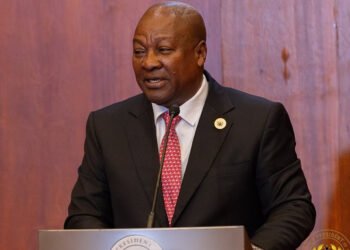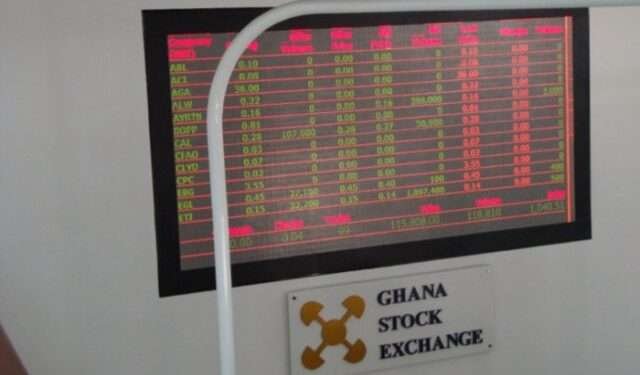The ongoing standoff between the National Communications Authority (NCA) and Multichoice Ghana’s DSTV continues to dominate public conversation, with the IMANI Center for Policy and Education urging restraint and dialogue.
According to the policy think tank, the DSTV-NCA clash risks creating unnecessary turbulence for consumers, regulators, and investors if handled with excessive rigidity rather than balance.
At the heart of the dispute are competing claims of fairness, legality, and business survival. Consumers argue that subscription costs remain steep and burdensome, especially at a time when household incomes are stretched.
The NCA, on the other hand, is determined to assert its authority and protect the public interest. Multichoice Ghana, however, insists that rising operational costs, content acquisition fees, and foreign exchange pressures justify the price adjustments that sparked public uproar.
IMANI warned that in this tug-of-war, none of the key actors stands to emerge unscathed unless common ground is urgently pursued.
“Both sides risk losing more than face. Consumers chafe under high subscription fees, the regulator stakes its credibility on robust enforcement, and the multinational operator stands accused of insensitivity to local realities.”
IMANI Center for Policy and Education
Consumers, meanwhile, remain trapped between steep bills and slow-moving reforms.

The think tank emphasized that unilateral actions could have dire consequences. “The NCA’s suspension notice and the Ministry’s daily GH₵10,000 fines underscore the regulator’s resolve—yet they also expose its vulnerability.”
Section 13 of the Electronic Communications Act empowers the NCA to act on broadcast licences, but only within strict legal procedures such as notice and hearing requirements.
Any deviation from these safeguards could expose the regulator to lawsuits that might drag on for years, paralyzing subsequent tariff reviews.
Stakes High For DSTV Consumers And Investors
The DSTV-NCA clash is not merely about monthly subscription rates. It carries implications for investor confidence, especially as Ghana positions itself within the African Continental Free Trade Area (AfCFTA) as a hub for digital and media innovation.
Prolonged standoffs or heavy-handed decisions could deter multinational firms from expanding in Ghana’s market.
DSTV, for its part, may have valid grounds for periodic price adjustments given inflation and fluctuating exchange rates.

“But in a quarter when the cedi has gained ground and headline inflation has eased, offering mere ‘token promotions’ rings hollow.
“A true middle ground must reconcile cost-recovery with fairness: partial rate reductions, staggered price adjustments, or cross-subsidies could demonstrate DSTV’s commitment to the Ghanaian market without hobbling its operational viability.”
IMANI Center for Policy and Education
The think tank, therefore, insisted that the solution lies not in unilateral decrees but in structured dialogue.
The NCA’s 30-day cure period, rather than serving as a countdown to confrontation, could be transformed into a participatory process.
Public hearings involving consumer groups, telecom experts, and DSTV officials could present data, cost structures, and proposals transparently.
These sessions, IMANI suggests, should not be sterile legal battles but consensus-driven platforms designed to bridge divides.
A Call For Transparency And Goodwill
Alongside this, Multichoice Ghana could strengthen its commitment to the Ghanaian market by taking a practical goodwill step.
IMANI recommended that the company temporarily freeze any additional price increases and work together with the regulator and civil society to establish an independent tariff review panel.

Such a panel would compare DSTV’s rates with those in Nigeria, Kenya, and South Africa, map tax and licence burdens, and recommend rate cuts linked to measurable economic indicators. “By tying consumer savings to tangible improvements in operating efficiency and compliance, DSTV would rebuild trust without sacrificing its bottom line.”
IMANI further noted that success depends on both political restraint and corporate maturity. Regulators must avoid politicizing consumer complaints, while DSTV must abandon what many see as the posture of a distant, unresponsive multinational.
Both entities could issue a joint communique pledging respect for due process, commitment to transparent tariff-setting, and the establishment of quarterly forums to address industry pressures.
Opportunity For Ghana To Lead
For IMANI, the DSTV-NCA clash is not just a domestic regulatory quarrel but an opportunity for Ghana to set a precedent for Africa.
By pursuing dialogue, independent scrutiny, and shared accountability, the country could pioneer a framework that balances consumer protection with investor security.

“As the 30-day deadline looms, the choice is clear: descent into protracted litigation or a credible, middle-path settlement. For the sake of Ghanaian households, for investor sentiment, and for the rule of law itself, it is time for both DSTV and the NCA to step off the escalatory treadmill.”
IMANI Center for Policy and Education
According to IMANI, the path forward is not about one side winning but about both sides finding a sustainable compromise.
A process rooted in transparency, fairness, and respect for the law could protect Ghanaian households, bolster investor confidence, and preserve the integrity of the regulatory environment.
At the end of the day, the fight between DSTV and the NCA reflects larger questions about governance, fairness, and consumer rights in Ghana’s digital economy.
If handled wisely, it could strengthen democratic accountability and economic resilience. If mishandled, it risks leaving all sides worse off—with consumers paying the steepest price.






















